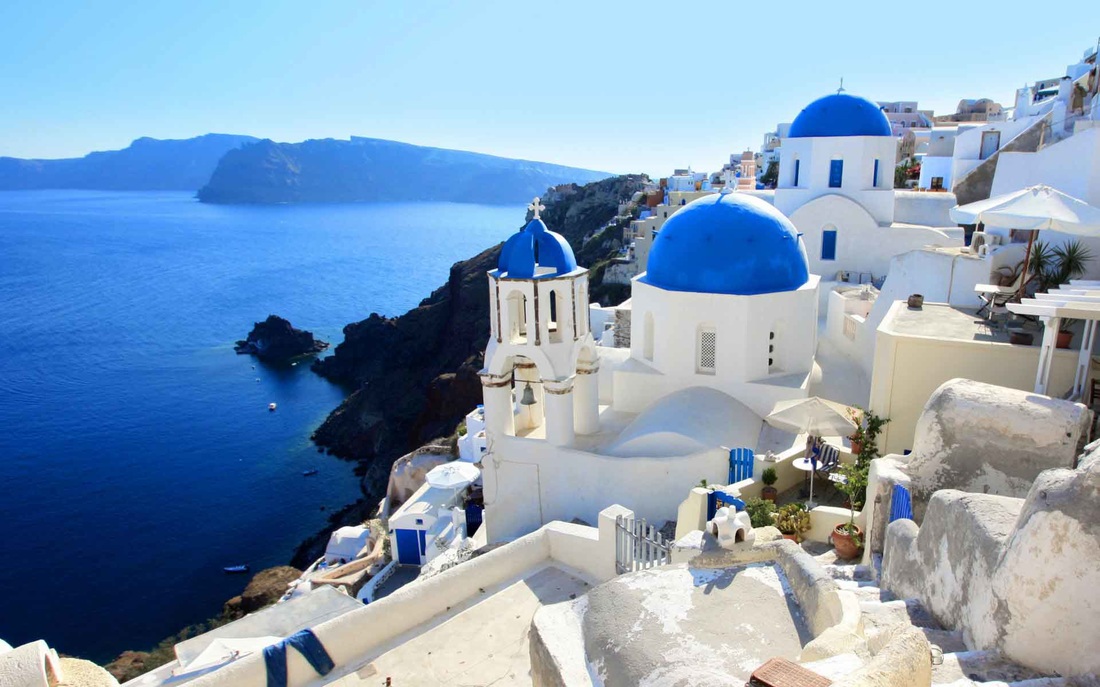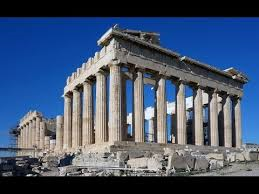a. Thousands of English words come from the Greek language, sometimes via the Roman adaptation into Latin and then to English. Common English words from Greek include “academy,” “apology,” “marathon,” “siren,” “alphabet,” and “typhoon. If you have watched My Big Greek Wedding you will know that the father can prove how all works stemmed from Greece.
b. With an area of 131,958 square kilometres, Greece is roughly the size of Alabama. The population of Greece is just under 11 million people (at 2016) and comparatively, the population of Alabama is around 4.8 million (2011)
d. About 7% of all the marble produced in the world comes from Greece
e. About 12 million people around the world speak Greek. They live mostly in Greece, Cyprus, Italy, Albania, Turkey, the United States, among other countries.
f. Ancient Greece was not a single country like modern Greece. Rather, it was made up of about 1,500 different city-states or poleis (singular, polis). Each had its own laws and army, and they often quarrelled. Athens was the largest city-state
g. Feta, which is made from goat’s milk, is the Greece’s national cheese. It dates back to the Homeric ages, and the average per-capita consumption of feta cheese in Greece is the highest in the world
h. The first Olympic Games took place in 776 B.C. The first Olympic champion was a Greek cook named Coroebus who won the sprint race
j. A Spartan specialty was a black soup made from salt, vinegar, and blood. No one in the rest of Greece would drink it
k. Spartan warriors were known for their long, flowing hair. Before a battle, they would carefully comb it. Cowardly soldiers would have half their hair and half their beards shaved off
If you would like to learn more about Greece, its language or culture, contact VLLC for more information.



 RSS Feed
RSS Feed

